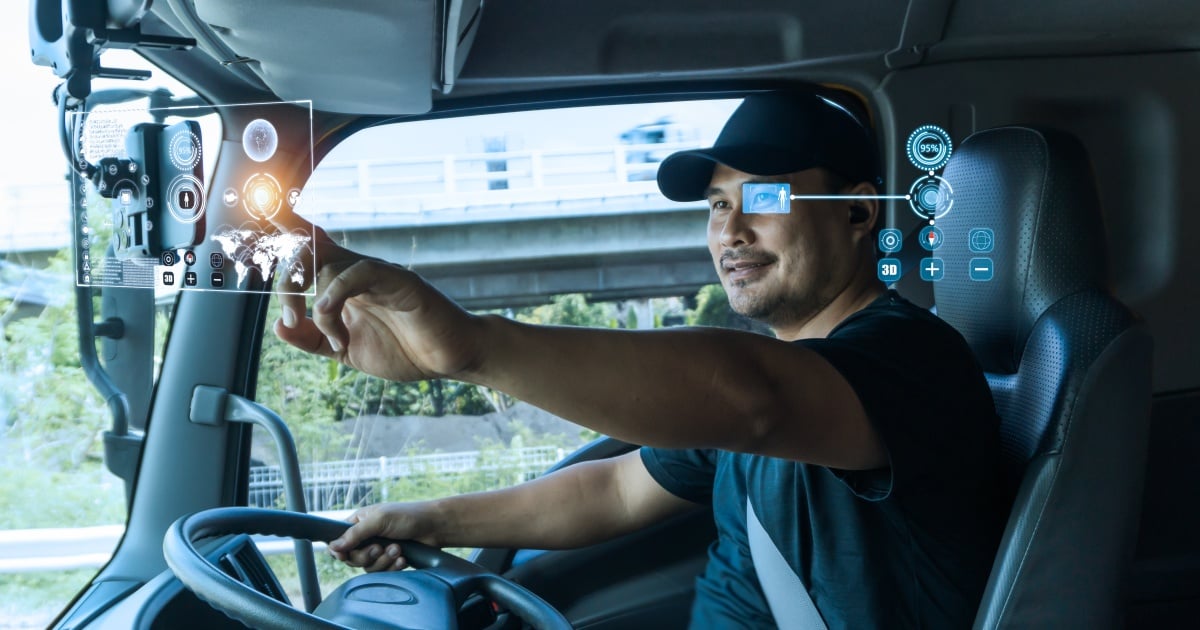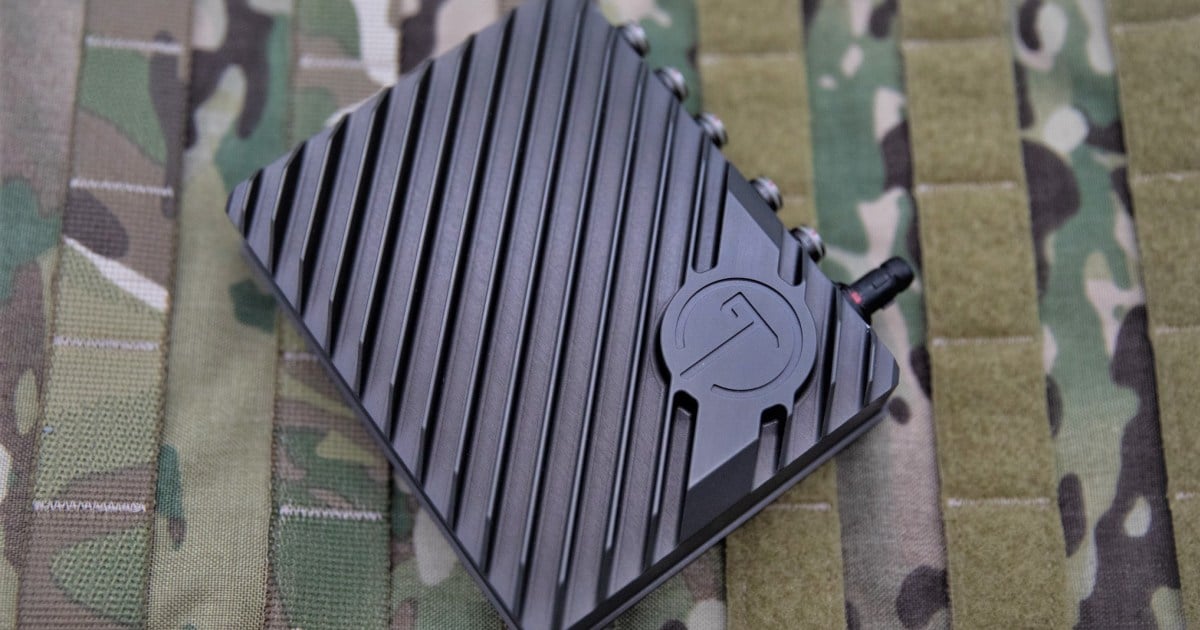
Not that long ago it was evident that the cloud would create a significant change in how we work and live. Especially in the work environment, the cloud promised positive changes as to how coworkers interact, learn, teach, produce, consume, record, stream, share, collaborate, transact, and on and on… not just from our desk, but from anywhere.
At the same time, many of the tools we use to communicate have also continued to evolve. Multi-device (mostly mobile), consume increasingly larger amount of compute, storage and networking resources per capita (both devices and cloud) including content that’s mixed: interactive, dynamic, unique and personal. Layered onto that is the massive, but largely transparent to the user, movement toward “The Internet of Things” or IoT.
The Internet is feeling the impact. Between the dominance of cloud software, changing user behavior and expectations, and the explosion of IoT and expanding applications, internet connectivity has been effected by the ‘weight’ of these ever-expanding technological changes. Although “Cloud” and “Internet” might seem like somewhat interchangeable terms, the reality is that they form more an uneasy, complicated partnership.
In fact, due to data loss and delivery latencies inherent across the Internet, significant revenue is lost by today’s SaaS and cloud enterprises due to their network infrastructure. While steps toward cloud virtualization of both compute and storage resources across the Internet have been taking shape, network virtualization has hardly crossed the perimeter of the business or the enterprise into cloud computing networks.
The core of the Internet (known as the Internet Backbone) still runs on the protocols of the past like Border Gateway Protocol (BGP), which was famously extemporaneously created on three napkins and was never intended to be a long term fix for the Internet scalability issues of its day. BGP creates limitations that can impede today’s cloud application performance, and makes no guarantees about providing the shortest or least congested paths as routes.
Combined with other classic backbone issues like BGP loops, BGP convergence, lost links and dead equipment, there is an Internet performance tax that has to be paid. All traffic across the Internet backbone has to pay for these ‘broken’ issues. There are no exemptions, no exceptions, and no deductions- the Internet is far more inflexible than the IRS. This Internet tax ensures that most SaaS businesses and enterprises (both those in the cloud and those transitioning to a cloud-based delivery model) are continuously challenged to deliver a like-local user experience for their customers as they roll out their services and apps worldwide.
As IoT continues to explode globally, and mobile and other user devices take on more of the workplace applications, the Internet is going to feel the pain. Looking to the future, the industry is in desperate need of technologies that can speed up Internet connectivity to meet the global demands for no latency, no jitter and no loss of data.
Just like Uber and Lyft are car companies with no cars, and Netflix and Hulu are both video marketplaces with no physical media or brick-and-mortar stores, the next step for the Internet is for users to be able to jump on the global highway without having to worry about what’s taking in the Cloud or behind the network infrastructure.
About the author: As VP Product Management, Mishra is responsible for Teridion’s product vision, strategy and roadmap. He is a customer-focused product exec with 20 years of experience building industry-leading cloud services and platforms at HPE, Google, Microsoft and Intel.
Edited by
Ken Briodagh





